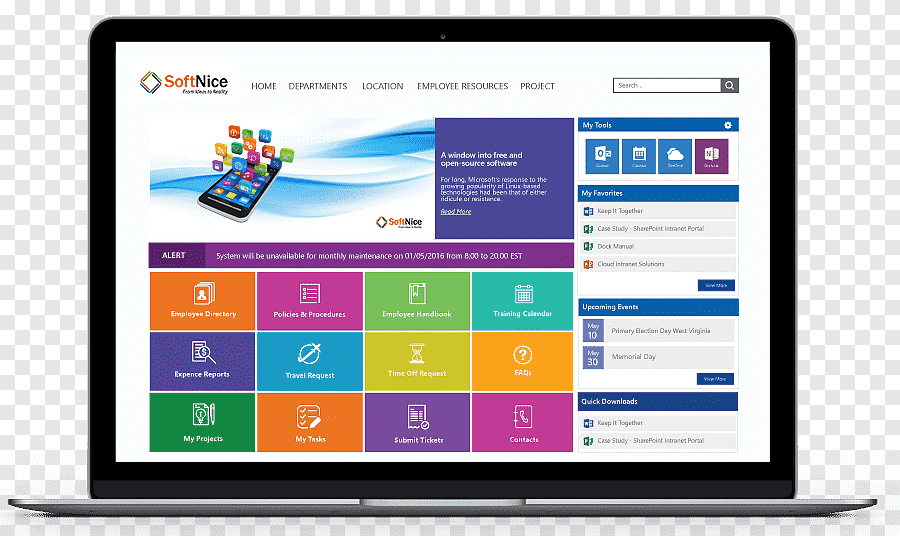AI-Driven Asset Management Transforming Financial Intelligence Worldwide

AI-driven asset management is revolutionizing the financial world, ushering in a new era of data intelligence, precision, and automation. As global markets become more interconnected and complex, traditional investment methods are giving way to technology-driven strategies that harness the power of artificial intelligence. By combining advanced algorithms, real-time analytics, and predictive modeling, AI-driven asset management is transforming how institutions and individuals allocate capital, mitigate risk, and enhance portfolio performance.
The Evolution of Financial Intelligence Through AI
The global financial landscape has always been defined by innovation—from the early days of manual trading to the rise of electronic platforms. However, the integration of artificial intelligence into asset management represents a paradigm shift far beyond automation. It introduces adaptive intelligence capable of learning from patterns, predicting market movements, and continuously optimizing investment strategies. This evolution marks a shift from reactive management to proactive intelligence, where data insights drive smarter and faster decisions. AI-driven asset management enables firms to process vast volumes of structured and unstructured data, including news sentiment, social media trends, and macroeconomic indicators. This deep data understanding empowers financial institutions to make informed predictions that were previously impossible using conventional analytics.
Enhancing Portfolio Optimization and Risk Management
One of the key strengths of AI-driven asset management lies in its ability to achieve superior portfolio optimization. Traditional portfolio strategies often rely on static models that assume consistent market behavior. In contrast, AI systems dynamically adjust investment strategies based on live market conditions. Machine learning algorithms can assess asset correlations, volatility levels, and liquidity factors in real time, allowing portfolio managers to balance risk and return with unprecedented accuracy. Moreover, AI models can detect early warning signs of potential downturns or market bubbles by identifying subtle shifts in trading patterns or investor sentiment. This predictive capacity allows asset managers to act swiftly—reducing losses during downturns and capturing gains during upswings. Such proactive risk mitigation is transforming financial intelligence, making investment management more resilient, transparent, and performance-driven.
Data-Driven Decision-Making and Predictive Insights
The foundation of AI-driven asset management is data—massive, multidimensional, and continuously evolving. Financial institutions now rely on machine learning algorithms capable of analyzing billions of data points across global markets in real time. These algorithms don’t just process data; they learn from it, identifying recurring behaviors and anomalies that reveal opportunities or risks. Predictive analytics empowers managers to anticipate shifts in sectors, currencies, or commodities before they happen. For example, an AI-driven system can forecast the impact of geopolitical tensions, interest rate adjustments, or global supply chain disruptions on portfolio performance. This level of foresight gives investors a competitive edge in volatile markets where reaction time is often the difference between profit and loss. Furthermore, natural language processing (NLP) tools enable AI systems to interpret qualitative data such as company earnings calls, financial reports, or social media sentiment—providing a comprehensive understanding of market psychology.
Democratizing Financial Intelligence
AI-driven asset management is not only reshaping institutional investment but also democratizing access to financial intelligence for retail investors. Through robo-advisors and intelligent portfolio management platforms, individuals can now access sophisticated investment strategies once reserved for large financial institutions. These platforms use AI to tailor investment portfolios based on an individual’s goals, risk tolerance, and time horizon. This personalized approach ensures optimal asset allocation and long-term value growth. The democratization of financial intelligence is particularly transformative in emerging markets, where access to traditional wealth management services has been limited. AI enables a broader population to participate in global capital markets, promoting financial inclusion and education on a worldwide scale.
Global Integration and Market Efficiency
AI-driven asset management is fostering global market integration by connecting data sources, exchanges, and institutions in real time. The ability of AI to process cross-border financial data and identify correlations among global economies enhances market efficiency. With continuous learning capabilities, AI systems adapt to regional market trends, currency fluctuations, and international regulatory frameworks. This interconnected intelligence reduces information asymmetry, allowing investors across different regions to operate on a more level playing field. As a result, capital flows become more efficient, and market volatility can be better managed through algorithmic insights and diversified strategies.
Regulatory Compliance and Ethical Considerations
While AI-driven asset management brings unmatched efficiency, it also introduces new regulatory and ethical challenges. Transparency in algorithmic decision-making remains a critical focus for regulators worldwide. Financial institutions are now required to ensure that AI models used in asset management comply with fairness, accountability, and explainability standards. Moreover, ethical AI practices are essential to prevent biases in data interpretation that could lead to unfair trading advantages or systemic risks. The integration of compliance frameworks within AI models ensures responsible use of financial technology, safeguarding both investors and markets. Institutions are increasingly adopting “AI governance” strategies that align technological innovation with ethical responsibility and regulatory clarity.
The Human-AI Synergy in Investment Strategy
Contrary to the notion that AI will replace human expertise, the future of asset management lies in human-AI collaboration. While AI-driven asset management systems excel in data processing and predictive modeling, human intuition, experience, and strategic thinking remain irreplaceable. Portfolio managers, analysts, and financial strategists leverage AI as an analytical partner—using insights generated by algorithms to make more nuanced decisions. This symbiosis enhances creativity and confidence in investment strategies, as humans interpret AI-driven insights through contextual understanding and emotional intelligence. The result is a new breed of financial intelligence that combines computational power with human wisdom.
Driving Sustainable and Responsible Investing
AI-driven asset management is also accelerating the growth of sustainable and responsible investing. By analyzing environmental, social, and governance (ESG) metrics, AI systems can assess the long-term sustainability and ethical impact of investment portfolios. This data-driven approach helps investors identify companies that align with global sustainability goals while minimizing exposure to reputational or regulatory risks. AI’s ability to track and analyze ESG data in real time makes it a crucial tool for promoting transparency and accountability in corporate behavior. Consequently, financial intelligence is being redefined not only by profitability but also by purpose and responsibility.
The Future of Financial Intelligence
As AI-driven asset management continues to evolve, its potential to redefine global finance is immense. The convergence of big data analytics, decentralized finance, and machine learning will give rise to a more efficient, transparent, and intelligent financial ecosystem. Institutions that embrace this transformation will gain a strategic advantage, leveraging real-time insights and predictive intelligence to deliver consistent long-term value. The future will see AI systems integrated seamlessly into every layer of financial operations—from portfolio management and trading execution to compliance and customer engagement.
Conclusion
AI-driven asset management is no longer a futuristic concept—it is the present reality shaping the future of global finance. By transforming data into actionable intelligence, AI empowers investors, institutions, and individuals alike to make smarter, faster, and more informed financial decisions. The fusion of artificial intelligence with asset management marks a defining moment in the evolution of financial intelligence, paving the way for a more transparent, efficient, and inclusive global financial system. Through innovation, adaptability, and ethical integrity, AI-driven asset management is set to lead the next phase of economic growth and financial transformation worldwide.










